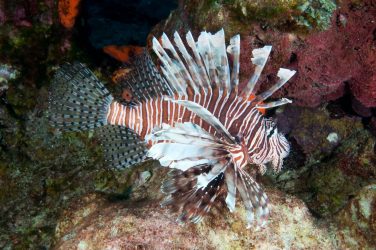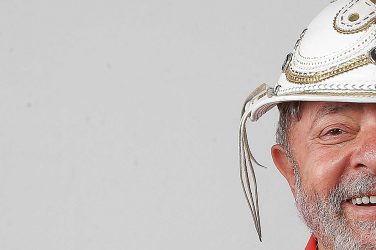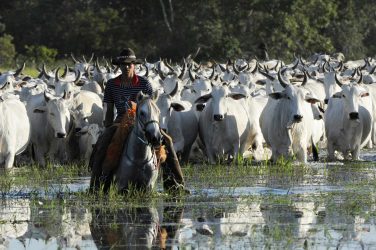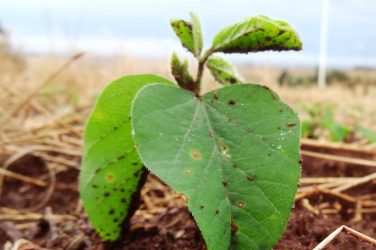New legislation in Brazil has been proposed to reduce or eliminate several Amazon conservation areas. The World Wide Fund for Nature (WWF) has suggested the bill may be linked to efforts to mine for resources.
The Brazilian arm of the international environmental group WWF has said there may be a link between the proposed bill and companies seeking to mine protected federal areas for valuable minerals.
The bill, which was proposed by legislators from Amazonas state, aims to reduce in size four conservation reserves and completely do away with the Campos de Manicoré Environmental Protection Area.
The text of the bill has already been prepared and was discussed last week by parliamentarians from Amazonas and Eliseu Padilha, chief of staff of the country’s executive office.
The protected areas were originally created under ousted President Dilma Rousseff in August 2016.
If approved, the legislation would be put into effect by the beginning of March. If the proposal goes forward, the Amazon will lose more than 1 million hectares in areas once protected by law, according to a post on WWF-Brazil’s website.
These areas are “considered to be of high value for conservation and strategic for confronting deforestation” in the region, the organization said.
Now, researchers with WWF-Brazil say the legislation might be connected to plans put forward by companies to mine the areas for natural resources like gold, diamonds and niobium, which is used in steel.
By analyzing data from the National Department of Mineral Production (DNPM) and comparing it with the areas under scrutiny in the new legislation, WWF was able to find significant overlap between where companies want to mine and the conservation areas politicians want to reduce.
“Even with the decree that created the conservation units in 2016, DNPM requests continued to be made for these areas, indicating a commitment to change the law,” said Richard Mello, coordinator of the WWF-Brazil Amazon Program.
The investigation found that in the Acari National Park alone there were around 40 prospecting requests from research and mining organizations. Under the new legislation, the park would be reduced in size by about 240,000 hectares.
According to WWF, the decimation of protected areas in the country has been an ongoing problem and leads to social consequences for its population, with areas affected by deforestation plagued by violence, human exploitation, prostitution, the violation of indigenous human rights and the contamination of food and water.
Deforestation, agricultural expansion and fires have destroyed nearly 60 percent of the world’s most biologically rich savanna, the Cerrado.
How can species-rich nations protect their natural wealth and local knowledge when commercial companies come knocking for biological resources to develop crops, cures and cosmetics? A global treaty may have the answer.
DW













